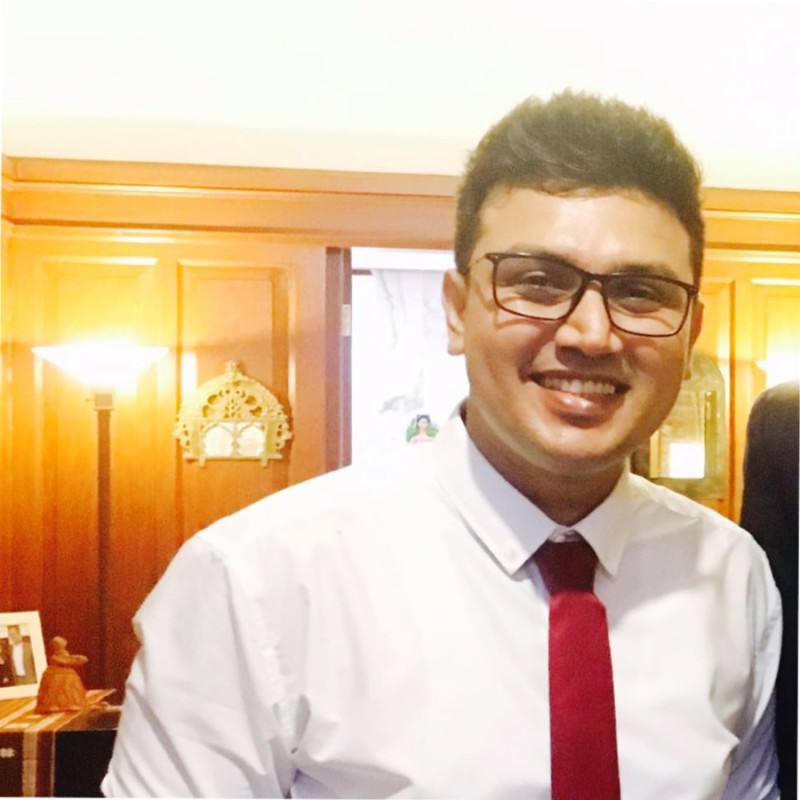Edu4SD
Digital Science Communication for Behaviour Change: students’ sustainability literacy
Summary
Outreach science communication is the practice of knowledge sharing, awareness raising, and educating scientific information with non-scientists, such as in science journalism and citizen science. Children are already used to watching digital streaming content such as animated cartoons and games on applications such as YouTube since they are very young. Previous research suggests exploring the research addressed by digital media for behaviour change in different subject matter. Therefore, this study is designed to be conducted to explore sustainability literacy in students from different social demographic backgrounds and improvement after the same knowledge enhancement in students from both countries by taking my own experience and relations in both culture and society as an advantage. This will also be an opportunity and productive tool for a similar approach in remote learning situations such as COVID-19 forces social distancing or lockdown and in countries where there is a lack of safety for learning in-person in schools due to wars and other social restrictions. This innovative approach could also contribute to implementing and achieving United Nations Sustainable Development Goals (SDGs) targets 4.7 & 12.8 and respective national-level sustainable strategies in Myanmar and Portugal. Key Objectives:
• To enhance students’ sustainability literacy and engagement for a sustainable future with the support of digital (online visual) science communication
• To empower students from Myanmar & Portugal to take responsibility for their practices to be sustainable
• To evaluate the usefulness of digital (online visual) science communication as a productive tool in remote learning
• To contribute to the implementation and achievement of the SDG targets 4.7 and 12.8
• To contribute to the implementation and achievement of the Myanmar Sustainable Development Plan (MSDP) 2018-30 and Portugal 2030 Strategy
Start/End
01/10/2022 - 30/06/2026
Funding scheme
Self funding
Project reference
PhD in Sustainability Science
Project website
HCI Subfields
Critical Computing; Learning, Education, and Families; Sustainability, and Social Justice

